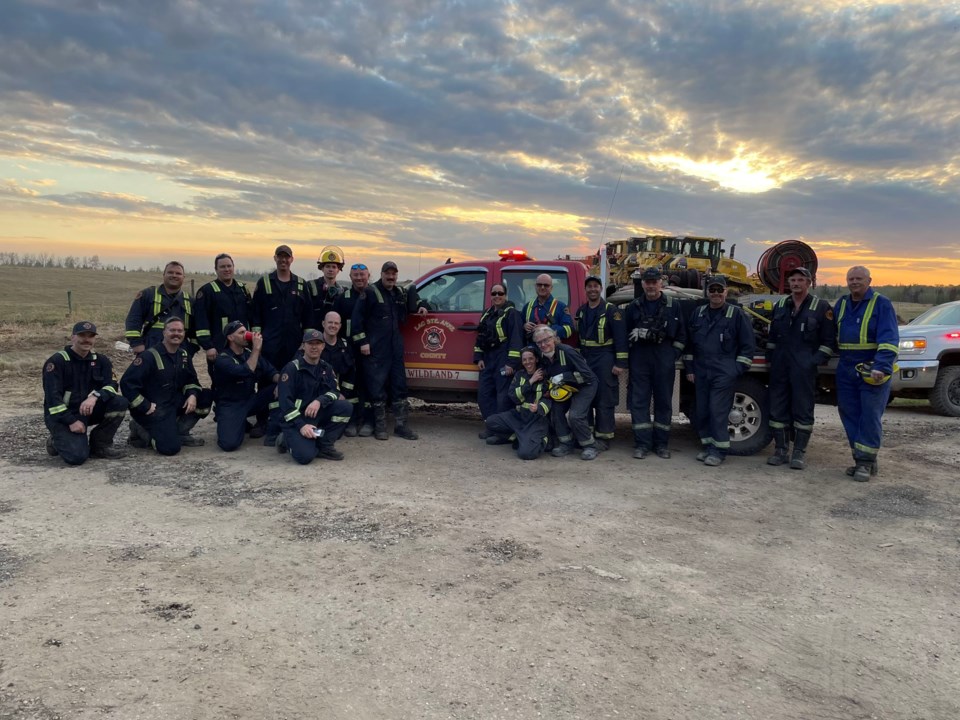Premiums paid by the city to the Worker's Compensation Board have jumped 60 per cent compared to last year, which led to a last minute $343,000 increase to the 2023 budget by council last week.
The steep premiums, as the Gazette reported in December, are a result of a high number of complex physical and psychological injuries incurred by the city's first responders dating back to 2019, as well as the city's overall claims history.
Overall, the city will pay a little less than $1.7 million in premiums to the Worker's Compensation Board (WCB) in 2023.
Last year the city paid slightly more than $1 million, said Ryan Stovall, the city's director of human resources, in an email. The year before, the city paid just $942,000.
In December, Stovall said the city's premiums were about 23.5 per cent higher than the industry standard, which means 23.5 per cent more than many municipalities with a population of more than 10,000 are paying.
Stovall said that although a year-to-date number isn't available for 2023, first responders such as firefighters, paramedics, and 911 dispatchers represented about 82 per cent of all active claims for city employees last year.
"We do not see another specific group (or) type of employee that would represent another notable portion of claims," Stovall said. "The type of work and responsibilities of first responders requires them to work with matters that expose them to significantly more trauma than other types of workers."
As such, Stovall explained that it could be years before the city's premiums fall closer to the industry standard as many of the claims could remain open for years due to the complexity and severity of injuries to local first responders. However, he said improved treatments and injury prevention methods could go a long way in allowing first responders to return to work sooner, and lowering the city's annual WCB premiums.
"Although the city is not involved in the treatment of our employees, the city is actively working on (injury prevention) through the city's Psychological Health & Safety initiative and Safety Enhancement Program," he said.
The psychological health and safety initiative is an internal information and support system for city employees, while the Safety Enhancement Program, which council provided $47,000 in funding for this year, is an internal program where any identified safety risks for employees can be quickly and appropriately managed.
Internal safety initiatives were previously funded through rebates the city received from the WCB when the city's costs for claims were below the industry standard, which is why council needed to approve the $47,000 in funding this year.
Another possibility that could lower the city's annual WCB premiums, Stovall said, was if the WCB was to re-define the employment industry that St. Albert falls under as the city's claims history is compared to other municipalities who do not employ first responders, and therefore who do not have similar claims history.
"We continue to value and appreciate our first responders' efforts in the community and region and in no way blame our employees for these premium increases or suggest their treatment (and) absence is unnecessary," Stovall said.
"The city would like to note that with respect to WCB premiums, we should be mindful that the costs are related to employees who become injured serving our residents."
Council approved the $343,000 budget increase unanimously on May 2 after no debate.




